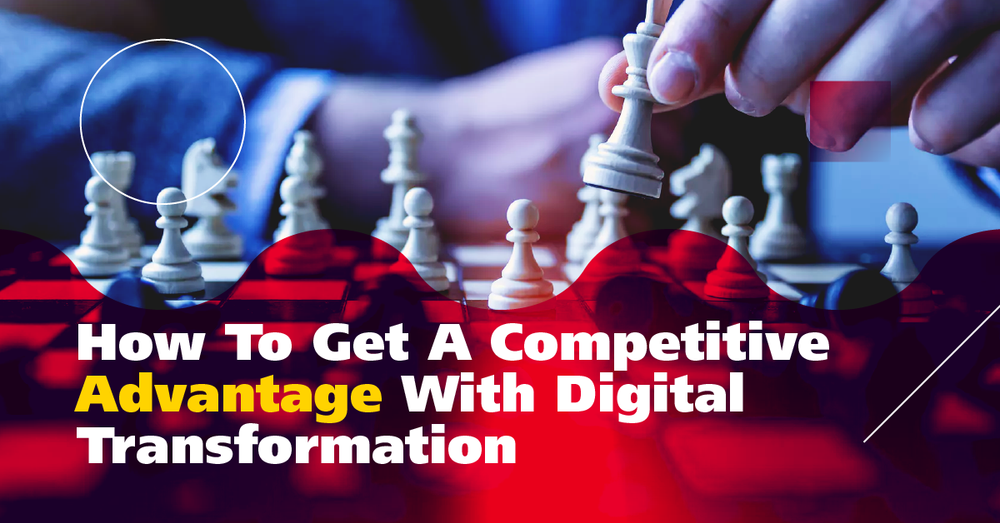
Digital Transformation: Beyond Technology, Toward Value
Digital transformation is often misunderstood as simply upgrading tools or adopting new software. In reality, it’s a deeper change — one that redefines how your organization creates, delivers, and captures value. Today’s digital consultants go beyond tech implementation to guide




